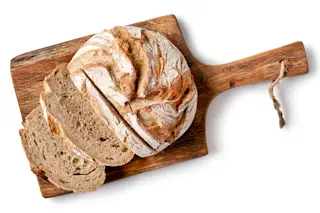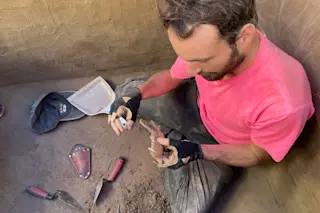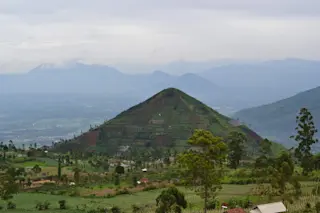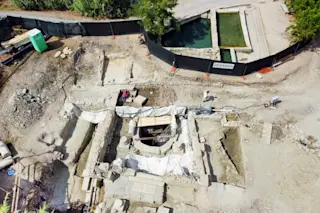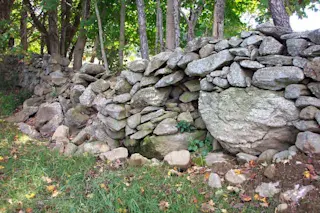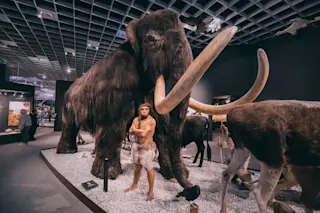(Credit: MaraZe/Shutterstock) Agriculture is thought to have been developed 11,000 years ago in the Levant, where Iraq, Israel and Jordan are today. But in recent years, archaeologists have discovered sites in the region suggesting hunter-gatherers were making use of crops thousands of years earlier. In a paper published today in the Proceedings of the National Academy of Sciences, a team of researchers reveals that foragers in northeastern Jordan were baking bread from wild cereals more than 14 millennia ago. Charred breadcrumbs taken from two fireplaces at an ancient site known as Shubayqa 1 are the oldest ever discovered. The bread makers belonged to a semi-sedentary culture known as the Natufians. They hunted gazelle, wild sheep, water fowl and rabbit, while also gathering wild plants, including barley, einkorn and oat, says Tobias Richter, an archaeologist at the University of Copenhagen and lead author of the study. Archaeological evidence also suggests the ...
These Bread-makers Predate Farming
Explore how Natufians agriculture development paved the way for early Neolithic farming at Shubayqa 1, revealing ancient bread making techniques.
More on Discover
Stay Curious
SubscribeTo The Magazine
Save up to 40% off the cover price when you subscribe to Discover magazine.
Subscribe

